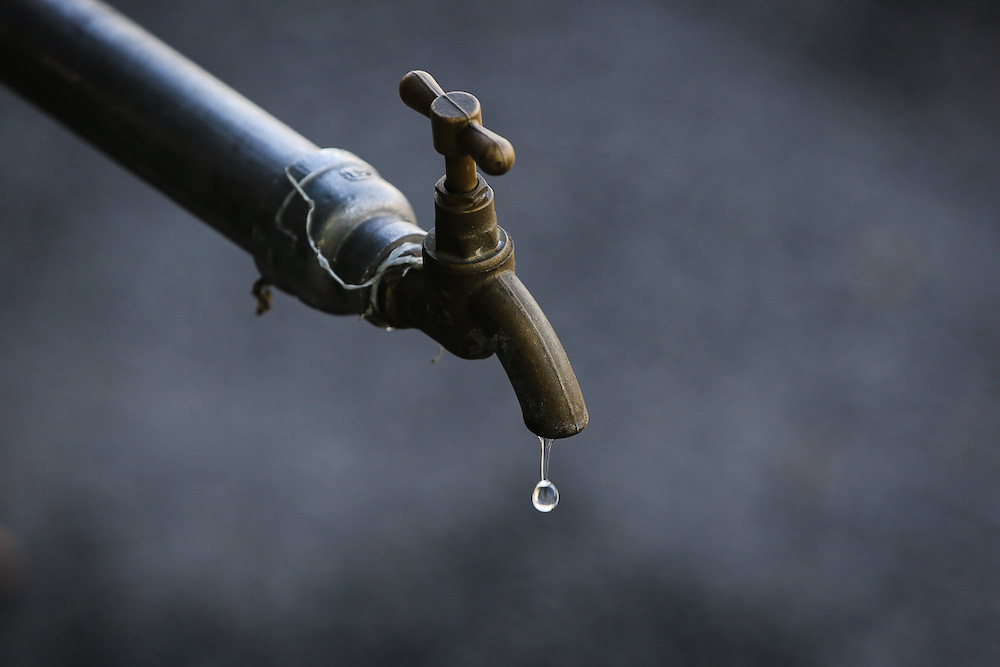KUALA LUMPUR, Sept 27 — The Water Sector Transformation 2040 (WST 2040) agenda would be introduced to set a strategic direction to ensure the water sector is a dynamic growth driver while ensuring water supply for all.
According to the 12th Malaysia Plan (12MP) document released by Economic Planning Unit, the transformation would be implemented through four phases according to the Malaysia Plan period with a specific focus in each phase with Malaysia's aspiration to become a regional water industry hub by 2040.
Phase one is intensifying the adoption of Integrated Water Resources Management (IWRM) of the 12MP (2021-2025), to develop local technologies on par with international standards (phase two 2026-2030), the third phase of the 14MP (2031-2035) to achieve economies of scale and the fourth phase of the 15MP (2036-2040) to become the hub of the regional water industry.
“Phase one, the adoption of IWRM will be intensified because it is the most critical and is the basis for this transformation. A special task force comprising representatives of the public and private sectors will be established under the National Water Council whose role is to guide, coordinate, monitor and report on the progress of the implementation of the WST 2040 agenda.
“The team will also be responsible for reviewing and realigning as well as preparing recommendations for improvement to make this agenda a success,” the document said.
In the meantime, the document also suggested that a public consultation platform be established at state and district levels that actively involve the public in the management of the water sector.
To ensure its effectiveness, the capabilities and skills of members would be enhanced, especially in conflict resolution and consultation as well as strategic communication plans will also be drawn up to ensure the transformation of the water sector is implemented effectively.
In addition, efforts to strengthen governance at the federal, state, and district levels will be made, including the review of water-related legislation to be in line with the Water Resources Bill 2016.
“This review will provide the legal basis for the establishment of water resources management authorities in all states to ensure effective implementation of IWRM and better land-use planning at the district and state levels,” the document said.
In addition, the use of the National Water Balance Management System (NAWABS) would be expanded to provide comprehensive real-time data while water service providers would be urged to study alternatives for generating non-tariff-based revenue, especially from water recycling activities. — Bernama



















